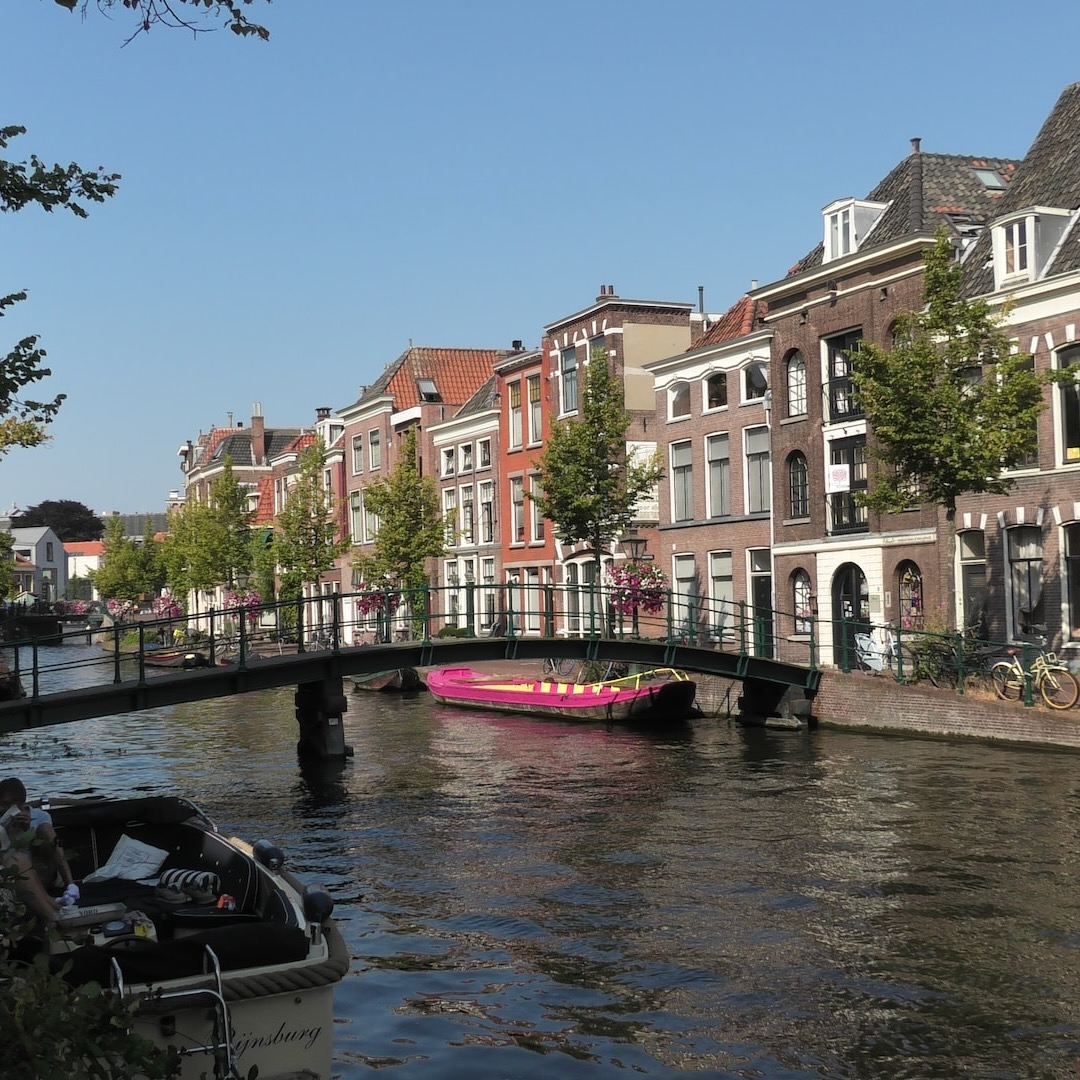
Hybrid event, 13–14 June 2023.
The Annual Meeting of the Horizon Europe project BioDT was held in Leiden on 13-14 June 2023 and was hosted by the Naturalis Biodiversity Center in Leiden, the Netherlands. The aim of the Annual Meeting was to gather together as a consortium to facilitate cross-WP collaboration and to discuss upcoming project activities.
The meeting served as a significant event for researchers and experts involved in the BioDT project. It provided a platform for participants to come together and foster collaboration across different work packages (WP). With the event being held in a hybrid format, participants had the flexibility to attend either in person or remotely. The gathering aimed to facilitate cross-WP collaboration, allowing researchers from different domains to exchange knowledge, share insights, and forge partnerships that contributed to the project’s overarching goals.
The meeting served as a platform to review the progress made so far, address any challenges or obstacles encountered, and collectively strategise for the future. Through these discussions, the consortium members aligned their efforts, leveraged each other’s expertise, and ensured the smooth and effective advancement of the BioDT project.
Overall, the BioDT Annual Meeting held in Leiden was an important milestone in the project’s timeline. It brought together researchers, experts, and stakeholders invested in biodiversity research and digital twin development, providing a unique opportunity to collaborate, exchange ideas, and strengthen the collective efforts towards understanding and preserving our planet’s rich biodiversity.